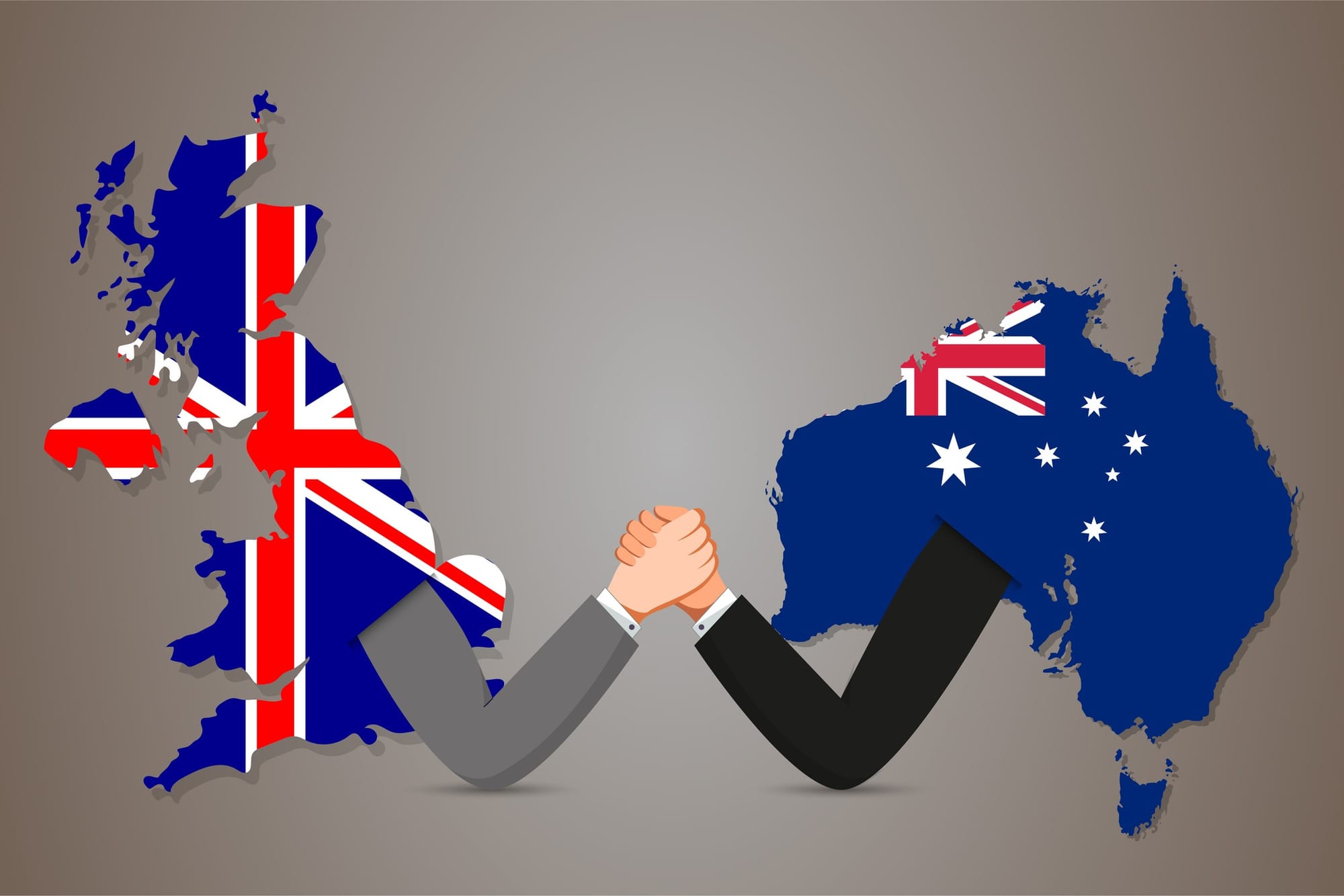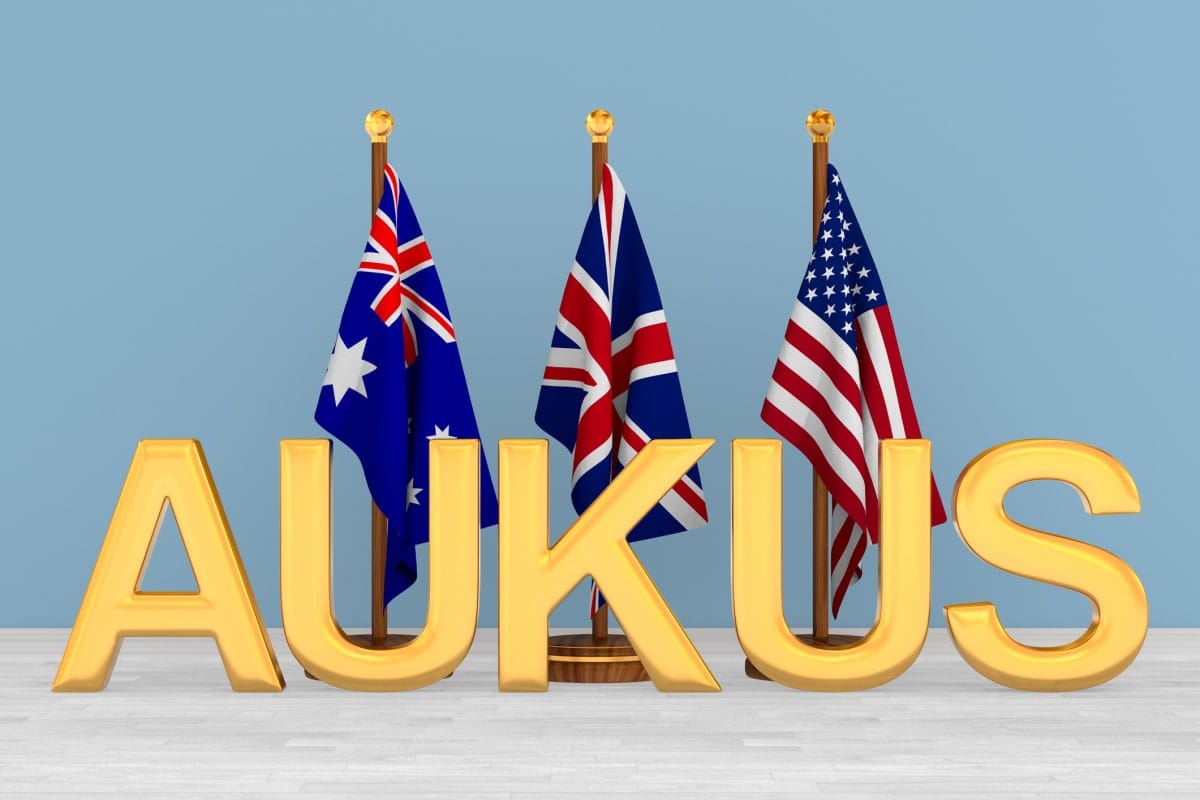
The United Kingdom is heading for the polls on 4 July. The received wisdom had been that the UK’s general election would be held in November. Many were, therefore, surprised when Prime Minister Rishi Sunak braved the elements and announced the election date.
Rishi Sunak has announced a general election for 4 July 2024 after months of speculation and denials.
The prime minister has repeatedly told the press and the public that voters will go to the polls in the "second half of the year" without providing an exact date until now. pic.twitter.com/wgGc4Nfmr4— The Independent (@Independent) May 22, 2024
After 14 years of Conservative government, Labour has a large and consistent lead in opinion polls over the incumbent Tories. Many are anticipating a change of government. Assuming a Labour victory – with all the usual caveats about polling accuracy and, well, the Labour Party’s propensity to lose seemingly unlosable elections – what would Australia-UK relations look like with a new government in the UK?
‘Broken Britain’
The UK has experienced an unusually turbulent period of government since the vote to leave the EU in 2016. Since then, it has equalled Australia for prime ministerial defenestrations and forced resignations: Cameron, May, Johnson, and Truss; vs Rudd, Gillard, Abbott, and Turnbull.
With this ignominious record, the Conservatives have opted for a final roll of the dice and are trying to appeal to the electorate’s supposedly socially-conservative sensibilities.
The argument goes that with (very small) green shoots of economic recovery visible and a new Cold War underway, now is not the time for the uncertainty of a Labour government. Instead, the nation must gird its loins for the coming struggle – hence the headline-grabbing plan to resume national service.
Rishi Sunak’s national service pledge is ‘bonkers’, says ex-military chief https://t.co/4PDAHdl9VR— Guardian news (@guardiannews) May 26, 2024
There are two main problems with this alarmist strategy.
Firstly, the electorate may well have stopped listening, given the government’s dire record on governance. Almost 10 million people are on NHS waiting lists, wages have been stagnant for more than 15 years, and residents of one Devon town have recently had to boil their tap water in a sad emblem of Britain’s failing infrastructure.
Secondly, Sir Keir Starmer’s Labour Party shares the government’s assessment of the world, negating any partisan advantage for the Conservatives. In a 2023 pamphlet titled Britain Reconnected, David Lammy, the Shadow Foreign Secretary, describes an increasingly multipolar world in which the rules-based international order faces existential threats.
Australia-UK relations
Considering these threats, Labour will pursue a policy Lammy calls Progressive Realism. This shares striking similarities with David Cameron’s Liberal Conservatism. While Cameron’s record on foreign policy was mixed, to say the least, it nevertheless continues to influence British foreign policy.
14 years of the @Conservatives has damaged the UK’s influence in a more divided and dangerous world.
We need a new approach. @UKLabour’s foreign policy will be underpinned by progressive realism.
My interview with @amanpour👇🏿 pic.twitter.com/MvnKgsPLoF— David Lammy (@DavidLammy) April 25, 2024
For instance, post-Brexit Britain’s “Indo-Pacific Tilt” traces its roots to the Cameron-era return to deployments and operations “east of Suez”. Speaking as foreign secretary in 2012, William Hague said:
“Britain is looking east as never before. We are … on the path to far closer ties with countries across Asia over the next 20 years.”
While Labour will undoubtedly pursue closer alignment with the European Union, promising a defence and security pact, there are strategic and ideological reasons that will keep the UK engaged in the Indo-Pacific region.
Of course, Labour has criticised the Conservatives’ approach to the Indo-Pacific. Shadow Defence Secretary John Healey described the Tilt as an unrealistic vanity project, while Lammy suggested it reflects more tone-deaf hubristic rhetoric than anything substantive.

To this end, Labour has signalled a desire to strengthen the UK’s regional position. In his Foreign Affairs article ‘“The Case for Progressive Realism”, Lammy describes “the cooperation of AUKUS as a floor, not a ceiling”. This portends well for burgeoning UK-Australian relations, which, to borrow a phrase, are currently in a golden era.
The impetus for AUKUS arose from right-leaning governments in Canberra and London, and relied partly on the personal chemistry between Scomo and Bojo. While Australian Labor figures such as Paul Keating have expressed disquiet, Anthony Albanese’s government has been steadfast in its support for AUKUS.
We should expect the same from Keir Starmer’s Labour, although AUKUS is far less contentious in the UK.
If Donald Trump wins the US presidency later this year, the Australian and British governments will likely depend on each other’s support and influence to a much greater extent than is currently the case with the Biden White House.
Anglosphere networks on the left of politics
There’s good reason to expect Albanese and Starmer to have a strong working relationship. Beyond platitudes shared about their similar backgrounds, it’s clear Starmer’s Labour Party has sought to learn lessons from Labor’s victory in 2022.
Keir Starmer spotted wearing £500 Sandro coat on day he told voters he 'knows what it feels like to struggle with bills' while Rishi Sunak steps on to Penzance sleeper train in casual clothes following his best day of the campaign https://t.co/ZC5Pbrfyzk pic.twitter.com/3zH29XEzfG— Daily Mail Online (@MailOnline) May 29, 2024
Since the Albanese government entered office, the two parties have met several times, including in 2022, when David Lammy’s first trip as Shadow Foreign Secretary saw him meeting Minister for Foreign Affairs Penny Wong and Treasurer Jim Chalmers in Canberra; a 2023 meeting in London between Albanese and Starmer; and a trip Down Under for Bridget Phillipson, Labour’s Shadow Education Secretary, where she met Labor’s PM.
Phillipson’s visit is interesting, as it exemplifies the well-established policy networks between the two countries. Typically, this is considered from the perspective of the right, as Boris Johnson noted in his John Howard lecture when he described Howard’s impact on the Tories.
The most obvious example of a policy network the two share is the Five Eyes intelligence-sharing community. Yet, as Tim Legrand has shown, these networks extend beyond security cooperation, and include cooperation in the areas of immigration, data-sharing, and labour market and social policy, which is coordinated through the Mandarin-directed biennial Windsor Conference Policy Network.
Read more: The ‘Anglosphere’ in action – shaping Australia’s values and future path
These networks give real substance to the Anglosphere, a neologism that is increasingly a focus of academic research.
However, the Anglosphere has a long history in various forms, having initially emerged in Victorian-era geopolitical thinking on “Greater Britain”.
Lammy rounded off his Foreign Affairs essay with a section titled “Greater Britain”, describing the need for the UK to “draw from what is truly its historical best”. This sort of boosterism doesn’t always go down well outside of the UK, leading many in Australia to treat the Anglosphere idea and civilisational rhetoric with caution.
But if nothing else, the changing global order will push Australia and the UK closer together than they have been since the UK joined the Common Market in 1973.





